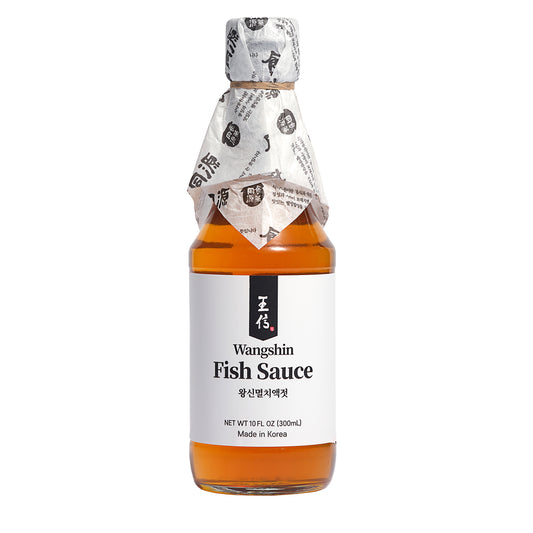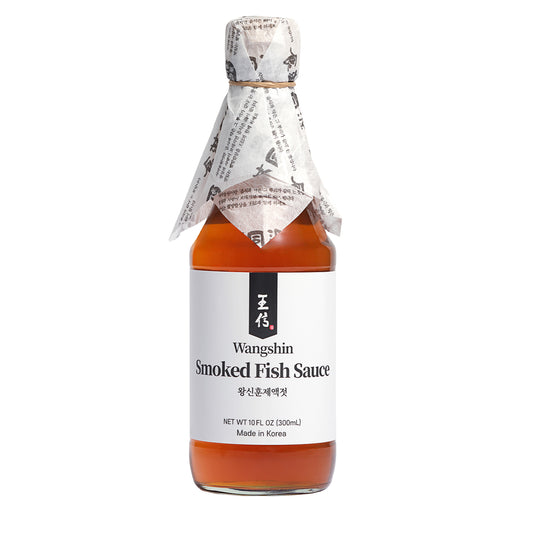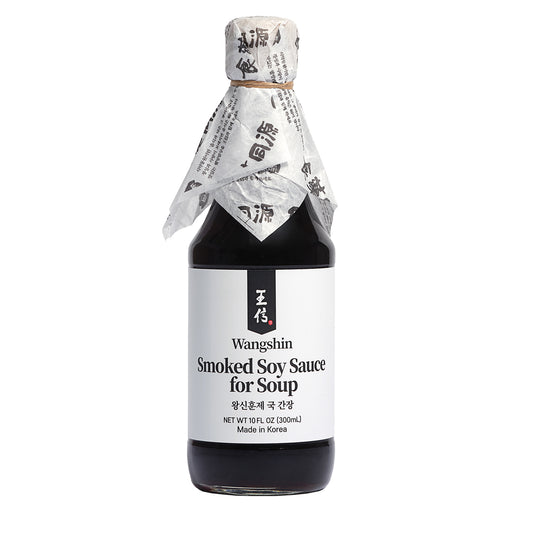Traditional Significance and Material
Jangdok are made from special clay and fired at high temperatures, which gives them a unique porosity and breathability. This natural material allows for a micro-environment that is conducive to fermentation. The walls of the urns “breathe," allowing for air exchange while maintaining an optimal level of moisture inside, which is crucial for the healthy fermentation of soybean pastes and sauces. The traditional significance of these urns extends beyond their functionality; they are a link to the culinary heritage of Korea, embodying centuries of traditional knowledge and practices.
Unique Fermentation Environment
The micro-environment within Jangdok contributes significantly to the development of complex flavours in fermented products. The porosity of the urns facilitates a slow, steady exchange of gases, which helps in regulating the fermentation process. This environment cannot be easily replicated in modern, non-porous containers, making Jangdok essential for producing authentic Korean fermented foods. The natural materials and the unique shape of the urns contribute to maintaining consistent temperatures and humidity levels, further enhancing the fermentation process.
Ecosystem of Microorganisms
Over time, Jangdok develop an ecosystem of beneficial microorganisms on their surfaces, both inside and out. This microbial community is a result of years, sometimes decades, of continuous use for fermentation. Each urn becomes a unique vessel with its own "signature" blend of microorganisms, contributing to the distinct flavours and qualities of the fermented products. By scouring South Korea for old urns, Wangshin ensures that their products benefit from this rich microbial heritage, offering a depth of flavour that is difficult to achieve through other means.
Why Use Jangdok for Wangshin Products
- Authenticity and Flavor: The use of Jangdok ensures that Wangshin products are fermented in a way that honours traditional Korean practices, resulting in authentic flavours that are rich and complex.
- Natural and Healthy Fermentation: The breathable nature of these urns promotes a healthier fermentation process, crucial for developing the beneficial bacteria that contribute to the nutritional value of fermented foods.
- Cultural Heritage: By using traditional Jangdok, Wangshin not only preserves but also promotes Korean culinary heritage, offering products that are deeply rooted in the country's traditions.
- Unique Product Differentiation: The unique ecosystem of microorganisms in each urn means that the flavours of Wangshin's products cannot be easily replicated, providing a unique selling point in the market.
The use of Jangdok in producing Wangshin's fermented products is not just a nod to tradition but a critical element in crafting authentic, flavorful, and high-quality Korean condiments. These traditional urns offer a connection to Korea's rich culinary past while providing tangible benefits in terms of flavour development and fermentation quality.




